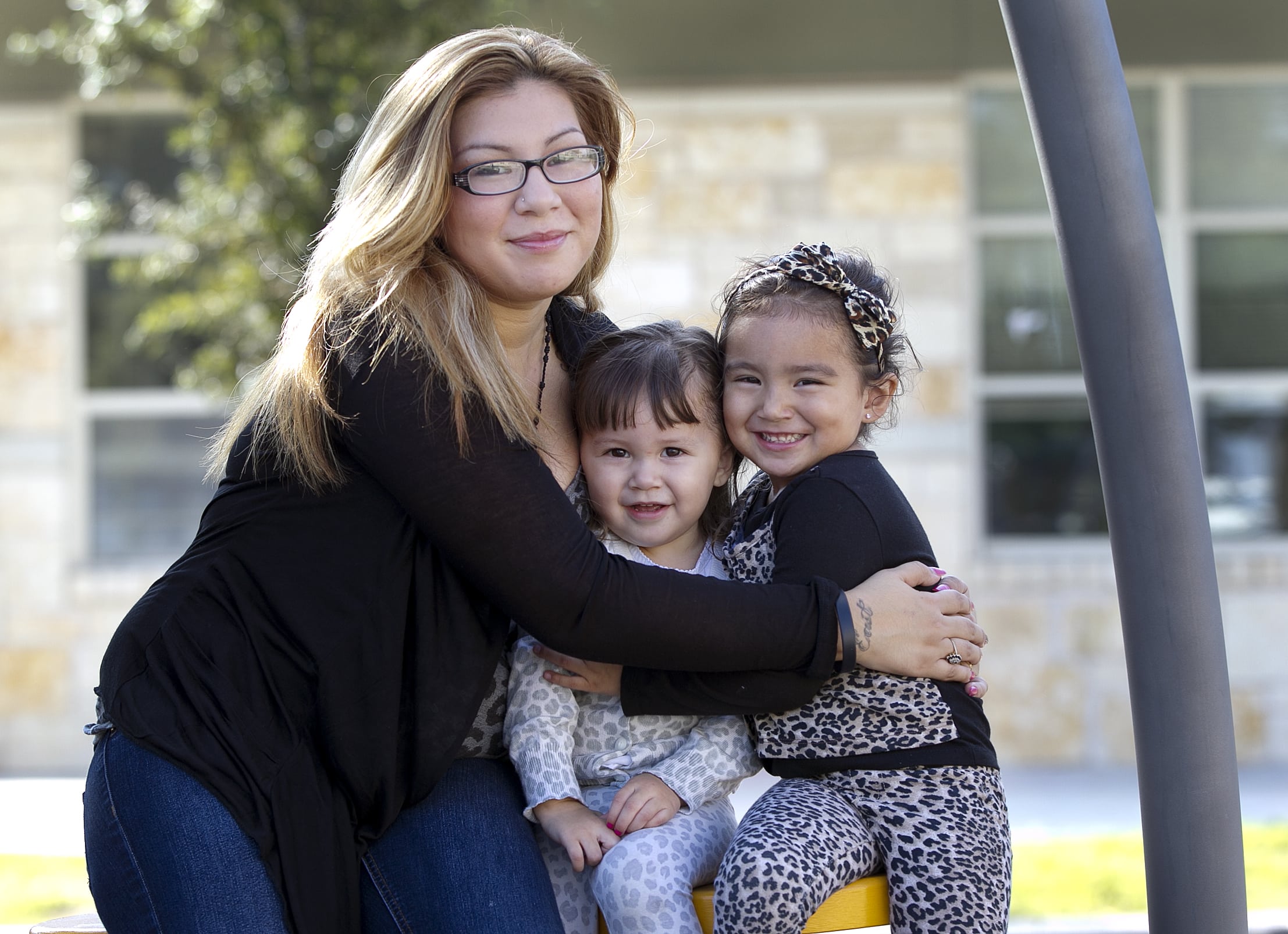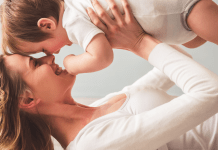We all have relationship baggage. Some of us have a cocktail clutch and some of us have a whole set of monogrammed luggage, but we all have baggage.

For many of us, that baggage means we have a negativity bias about our kid’s friendships and romantic relationships—always worrying about the bad and assuming the worst.
And, yes, there is some cause to worry. At The SAFE Alliance, our mission is to stop abuse for everyone. Our SAFE advocates do a great deal of work to share information about consent and healthy relationships because we know that:
1 in 4 adolescents report verbal/emotional/physical/sexual dating violence each year.
1 in 5 girls in high school have been in a relationship and experienced physical and/or sexual dating violence; for boys that number is 1 in 10.
Which is why it is important to create a strong and positive relationship with your kids so that they will tell you what is happening—even when it is bad.
Talking to kids about healthy relationships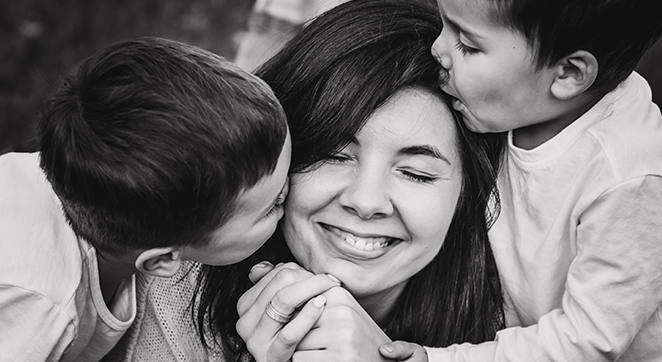
But how do you get a kid to talk about healthy relationships… Well, first you have to get them to talk to you at all! Here are some of our expert tips and tricks on getting your kids to talk with you:
- Ask open-ended questions using your child’s interests as your starting point. Try to avoid questions that can be answered with a yes or no. “How are the Astros doing this season?” “What is it about Lizzo’s lyrics that really speak to you?” “What did Jackson do to make you laugh in class today?”
- Become an opportunist, creating the right environment for a good conversation. Even if you are a morning person, it is probably not the best idea to try and have a conversation with your 17-year-old at 7:30 a.m.—or after a hard basketball loss, or when they are super hungry, etc.
- The car is a good time to try the harder conversations around fights with friends, sex, bullying, drugs, alcohol, expectations, or relationships. They likely will not jump out of the car at 60 mph!
- You can also try to find a podcast, videos, or songs that connect to consent or relationships, and then use that as a starting place for a conversation. “What do you think about the lyrics of that song?”
- You can also try to implement the NO PHONE ZONE at the dinner table. Any time for conversation will lead to more talking.
- Most kids love to be asked their opinion. It gives them a chance to have their voice heard about something they’ve thought critically about.
- And, finally, modeling active listening (asking questions, nodding yes, being present, etc.) will show your kid the importance of conversation and that you are ready and willing to listen to them.
When you finally get them talking, broaching the topic of consent and healthy relationships does not need to be as painful as it is on TV. In talking with your kid about healthy relationships, it is key to be truthful, to offer support and education around choices and consent. And when talking with your teen, it’s important to resist the urge to give advice—you know you didn’t take advice when you were a teen! Instead it is important to suggest options and ask questions.
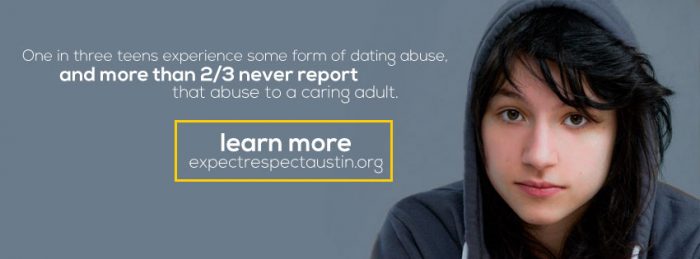 It is also helpful to talk about situations before they arise. Ask, “What would you do if Megan is mean to you on the playground today?” or “Who can you ask for help if you are uncomfortable in a situation?” For your older kids, “What is your partner like when you say no to them?” or “What do you do if someone wants you to send them a nude pic?” (On that last one, you could joke with them that you have to ask your mom.)
It is also helpful to talk about situations before they arise. Ask, “What would you do if Megan is mean to you on the playground today?” or “Who can you ask for help if you are uncomfortable in a situation?” For your older kids, “What is your partner like when you say no to them?” or “What do you do if someone wants you to send them a nude pic?” (On that last one, you could joke with them that you have to ask your mom.)
A few resources
This stuff is hard. We know that because we are parents, too. But here are some tools that might help:
SAFE recently had a panel on Talking about Healthy Relationships with Your Teen. The incredible conversation, featuring SAFE experts and parents Genevieve Deas, Vincent Tovar, and Agnes Aoki, has been turned into a podcast, which you can find here.
There are journals that you can use to further caregiver-child communication, and here are some options: Mother and Son – Our back and forth journal; Me, You and Us – A book to fill out together; Just Between Us, Mother and Daughter.
Here is a website full of parenting tips and resources: safeaustin.org/our-issues/parenting-tips-and-resources/
And if you would like in-person help, SAFE’s Strong Start program provides free, individual parenting classes for families with kids 0-11 years old. For your older kids, SAFE’s Expect Respect program works with teens and parents to teach about healthy relationships.
None of this is easy, but you are not alone.
Please know that one important resource you can use is SAFE. Our parenting advocates and teen experts can provide you with free guidance and reassurance. Please call our 24/7, free, confidential SAFEline anytime at 512.267.7233, or chat us at www.safeaustin.org/chat to learn more about our programs, or just get some support.
Let’s see if this generation of kids can end up with less relationship baggage than we have!
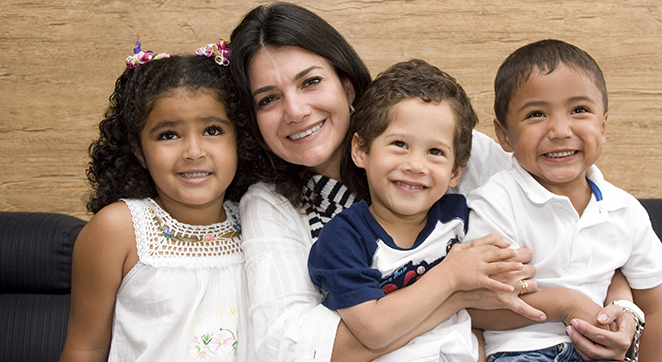 RELATED READING :: 50 Charities to Support in Austin
RELATED READING :: 50 Charities to Support in Austin



